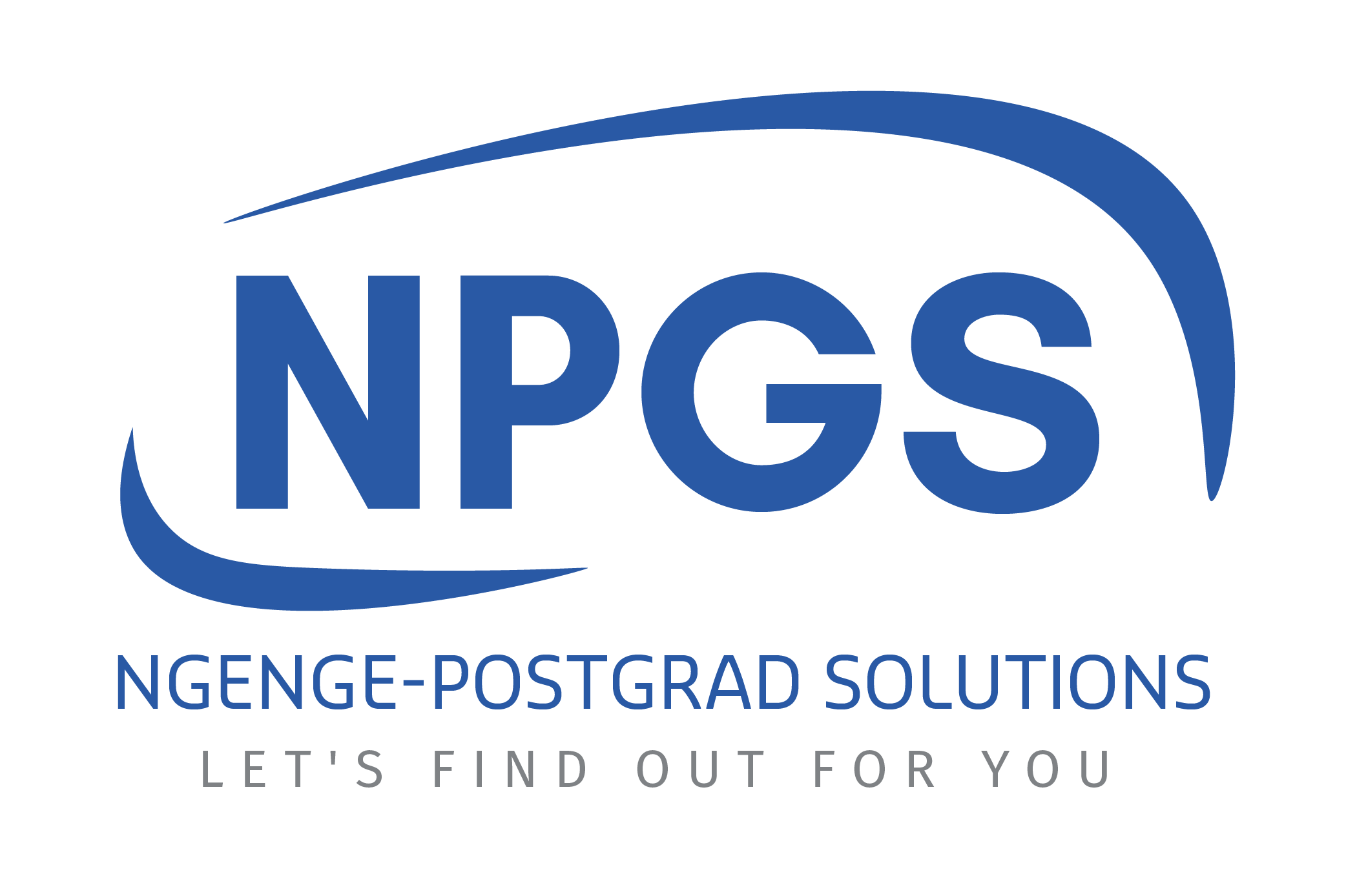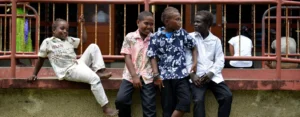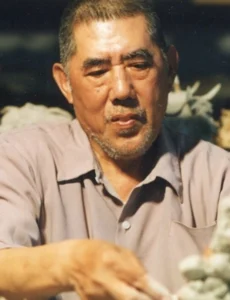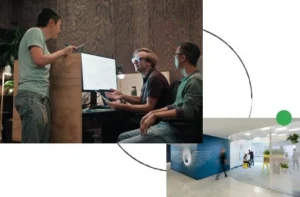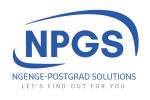Final closing date of this fellowship: 08 July 2022- However, universities will set their own internal cut-off dates for applications and applicants must abide by those dates.
Programme Details
- TWAS-NRF Doctoral Fellowships are tenable at research institutions in South Africa for a maximum period of three years. They are awarded to scientists from developing countries (other than South Africa) to enable them to pursue PhD research in the natural sciences.
- Awarded candidates under TWAS-NRF Doctoral Fellowships will be provided Partial Cost of Study (PCS) funding and this will only cover tuition fees and accommodation costs for a maximum of R101 196 per annum per student. Additionally, the NRF will cover cheapest return economy flight and the visa and/or study permit costs for TWAS-NRF doctoral awarded candidates.
Eligibility
Applicants for these fellowships must meet the following criteria:
- be citizens and permanent residents from developing countries on the African continent and elsewhere;
- must not be living, studying or working in South Africa in 2022;
- applicants who were previously employed or studying towards a degree, or undertaking research in South Africa, and have returned to their country of origin, but have been in their country of origin for less than two (2) years, are not eligible to apply;
- must have obtained an MSc degree in a field of natural sciences;
- must have obtained minimum of 65% at the masters’ level in order to apply for doctoral funding;
- must register at a South African public university in 2023, on a full-time basis and may be based at any of the 26 South African public Higher Education Institutions (HEIs). Find the updated list at the bottom of this page;
- must be a maximum of 32 years of age by 31 December of the year of application;
- must have proof of evaluation of all foreign qualifications (obtained from non-South African universities) evaluated by the South African Qualification Authority (SAQA) or proof that the applicant has submitted his/her qualifications to SAQA for evaluation. Failure to submit proof will result in the application being rejected. Further information on the process can be accessed by logging on to www.saqa.org.za;
- must meet visa and immigration laws of the applicant’s home country and South Africa. The applicant must arrange his/her own Visa and/or study permit under the programme for study in South Africa. Neither NRF nor TWAS will be responsible for assisting with visa arrangements. However, the NRF will cover cheapest return economy flight and the visa and/or study permit costs for NRF-TWAS doctoral applicants;
- upon completion of their studies, all NRF-TWAS grantholders must return to their country of origin and must spend at least 3 years and/or equal to the number of years of study supported in their country of origin;
- students who fail to return to their home country will be liable to pay back the amount to the NRF equal to the number of years of study support they have received;
- are only eligible to pursue research under Science, Engineering and Technology (SET) disciplines as only these disiplines will be supported under the NRF-TWAS doctoral funding:
- not take up other assignments during the period of her/his fellowship;
- provide an official proof of study application and/or acceptance letter from a host South African institution, department or laboratory;
- provide a motivation from the prospective doctoral supervisor. It is the responsibility of the applicant to contact the respective institution to apply for acceptance and to secure a supervisor for the doctoral study
- provide English language proficiency certificate (if available at the time of the application). If not available, this will be required before any NRF funds will be released to the student and must meet the following requirements of the English Language Proficiency Academic test: IELTS 6.5 (no band less than 6.0); or TOEFL (paper) 575 (TWE 4.5); or TOEFL iBIT (min. 20); or Cambridge minimum 58. Information on the IELTS tests can be obtained from the British Council in applicant’s home country or accessed at: www.ielts.org. Further information on the TOEFL test can be accessed at: www.toefl.com. Applicants may consult the British Council in their home country for assistance.
- present a detailed research project that must be registered and approved by the host institution and provide a letter of support from the prospective host supervisor;
- provide an official academic record on the university letterhead;
- be financially responsible for any accompanying family members.
